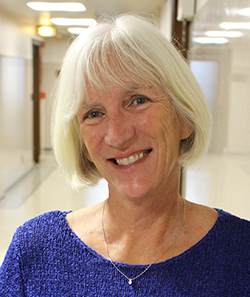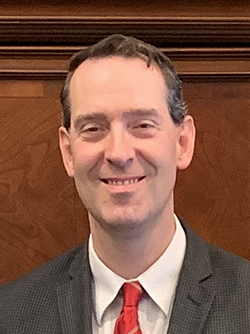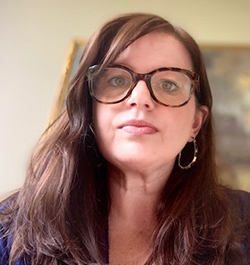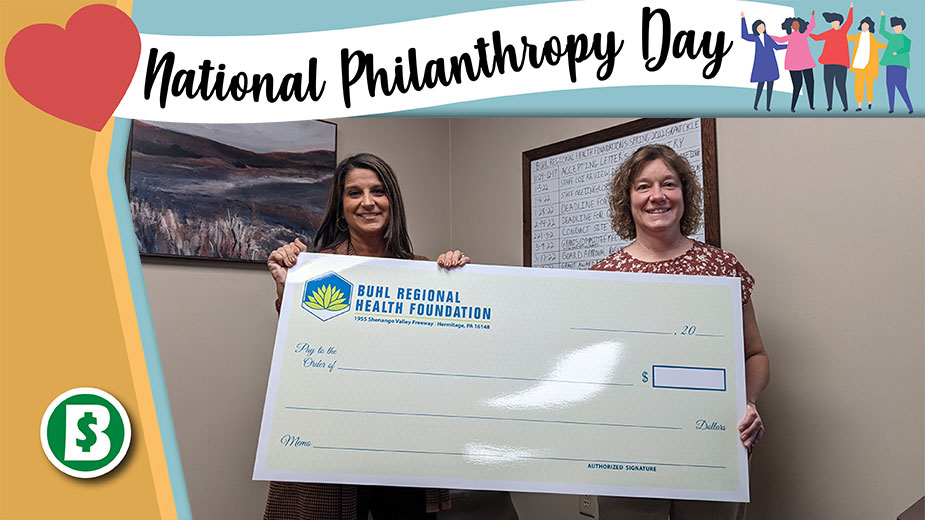YOUNGSTOWN, Ohio – Foundations are vital to the well-being of nonprofit organizations and community initiatives here and across the country.
In 2020, foundation giving nationwide rose to $88.55 billion, a 19% increase from 2019, according to the National Philanthropic Trust.
Locally, look no further than the Youngstown Foundation Amphitheater to see how foundations contribute to economic development and quality of life.
Or look to the Community Foundation of the Mahoning Valley and the Community Foundation of Western Pennsylvania and Eastern Ohio to see how grants and fundraising campaigns draw attention to pressing public needs.
In this edition, we update the work of five local foundations:
Youngstown Foundation
Organizations apply to the Youngstown Foundation for funding based on their needs and the number of people they intend to serve. President Lynnette Forde says the foundation looks closely at each applicant’s organizational leadership, contribution to the economic drivers within the region, people served and financial stability.
The Youngstown Foundation funds 501c3 organizations and some governmental agencies. The Help Network of Northeast Ohio received the most in 2021 with $365,000.
The foundation has several committees to thoroughly examine those seeking funds, Forde says.
“All proposals, I do an initial due diligence,” Forde says. “I don’t think that’s changed. We can only fund certain types of organizations or otherwise we lose our status to be able to do that.”
The foundation’s most visible contribution is the amphitheater in downtown Youngstown. A $3 million grant funded construction of the multi-purpose facility.

Education is also key to its mission.
The Youngstown Foundation started the YSTAR program in 2012, setting aside dollars to support graduates from the Youngstown City Schools who attend college. It provides tuition awards to Youngstown State University and Eastern Gateway Community College students.
There is about $3 million in the YSTAR account to support the education of young people in this city. “It is something that every day makes me really, really excited,” Forde says.
The organization’s assets were $133 million when Forde took over on Dec. 1, 2020, and were $149 million as of Sept. 14.
“It has everything to do with the folks who are working hard and investing our money so that this community can be the beneficiary of greater assets and our nonprofit agencies can be the beneficiary of more grant dollars and students can be the recipients of greater scholarship dollars,” Forde says.
Community Foundation of the Mahoning Valley
The Community Foundation of the Mahoning Valley has more than 140 funds that have either different donor advisers or purposes attached to them. Selecting the right one is a matter of matching community needs and requests that come in with the areas of interests and or the defined purpose of the resources that the foundation has available.

“We have areas of interest but they’re broad and all-encompassing,” says Shari Harrell, president of the Community Foundation of the Mahoning Valley, which has averaged $2 million to $2.5 million in giving the past decade.
The foundation has distributed $2.67 million so far in 2021, which is on par with past years.
Casey Krell, director of donor serv-ices and supporting organizations for the Community Foundation, says one more grant cycle remains.
“I think we’ll probably have a pretty decent distribution through the end of the fourth quarter,” Krell says.
In 2020, the foundation distributed $3.9 million in grants. This year will not see as much distribution because of the emerging needs around food, evictions, foreclosures, vaccinations and transportation linked with the COVID-19 pandemic, Krell says.
The foundation recently completed an assessment of its operations to see what it can do better.
“We’re continuing that work as a staff and as a board to identify where we have opportunities to really make a difference and that will influence our great making priorities going into 2022,” Harrell says. “It will influence every aspect of our operations and that analysis and assessment along with the recommendations is the cornerstone of the work we’re doing on our strategic planning process.
“So you’ll see that playing out more and more as we go forward.”
Community Foundation of Western Pennsylvania and Eastern Ohio
The Community Foundation of Western Pennsylvania and Eastern Ohio provides large-dollar grants and grants as small as $17 to Meals on Wheels.

Those who wish to establish a fund through the foundation can do so in several ways.
“Essentially, our motto has always been, anybody can be a philanthropist,” says Kyle English, executive director. “You can establish a charitable fund essentially, underneath our organization.”
To date in 2021, the foundation has granted over $8 million. The average annual total over the past decade has been $7.4 million.
English said grant applications started to increase last year.
This year, a foundation campaign, RaiseTheCurtains.org, helped to raise more than $45,000 to sustain theaters in the Mahoning and Shenango valleys. Almost $1.3 million was raised for more than 60 nonprofits in three counties from June 19-25 through PA OH Gives.
English wants donors to have a maximum impact throughout these areas.
“That only happens if we remain in constant contact with participants in different organizations,” English says.
“Donors would like to support and see what those actionable needs are in the community. [This] ensures that any kind of grant money that flows from funds of the community foundation will have the maximum impact in terms of helping those that need the most.”
There have been plenty of virtual fundraisers during the pandemic with some in-person events starting to reappear, according to English.
The Strimbu Memorial Fund Barbecue netted almost $200,000 with its sold-out event in 2019, but had to go virtual in 2020. English says the event raised more than $100,000.
“Even though we weren’t able to have a lot of those fundraising events [because of the pandemic], a lot of those groups that traditionally have had those events as their chief way to raise money through the year still supported the community through grants. They made sure that they were there to support the different organizations that have kind of come to count on them,” English says.
Raymond John Wean Foundation
The Raymond John Wean Foundation, which has given slightly less than $1 million to date this year, maintains values such as resident engagement, race equity, inclusion, social equity, collaboration, community investment and learning. The final-quarter of grant making for 2021 ends in December.

The Wean Foundation empowers residents by community-building in the underresourced areas of Warren and Youngstown.
The foundation plays a convening and partnership role – bringing organizations together for community revitalization.
This Warren-based philanthropy group also supports leadership development, says Corrie Adams, program officer for the foundation.
Those applying to the foundation can use the WeanFolio web tool, which was introduced this year to enable organizations to seek grants and tell their story.
“That is sort of the entrance point into the whole process. Folks can access the WeanFolio on our website and get information about our grant making programs,” Adams says. “They also have the opportunity, if they align with our strategic priorities, to share some information through the WeanFolio.”
Since 2017, the Raymond John Wean Foundation has offered race equity and inclusion training.
“It is a requirement of our grantmaking program. But also we have extended the invitation to the community including government officials,” Adams says.
Buhl Regional Health Foundation
The Buhl Regional Health Foundation plans to use a $250,000 grant to increase the availability of nutritious food in the Shenango Valley.
Kimberly Duncan, director of grant making for the foundation, says the grant awarded to Valley Shenango Economic Development Corp. in September is part of an effort to eliminate food deserts.
It’s a collaborative effort among Penn State Shenango, local grocers and farmers. The goal is to give residents better options for groceries.
The food not sold will be donated to pantries and organizations dedicated to feeding those in need. Those with disabilities and individuals recovering from drug and alcohol addiction will help with this project, says Jennifer Barborak, executive director of Buhl Regional Health Foundation.
So far in 2021, Buhl has given a little more than $800,000 in its spring and fall grant cycles, along with COVID-19 funding and scholarships.
Since the fall of 2017, when it was established, the foundation has distributed $2.8 million in grants and scholarships. Giving has increased by $300,000 from 2020 to 2021.
The mission of the foundation is improving health and wellness, including combating mental health issues that have been exacerbated by the pandemic.
In November, Duncan says it is supporting mammography screening. Also scheduled are a two-day free dental clinic in June 2022.
The medical support for the Shenango Valley does not stop there.
“Probably next year sometime, we will do some strategic planning involving the community, probably the medical community too, and try to determine how to change our focus,” Barborak says.
Picturedat top: Kimberly Duncan, director of grant making for the Buhl Regional Health Foundation, and Jennifer Barborak, executive director of the foundation, hold up a blank ceremonial check that is presented to area organizations when grants are made. Since it was established in 2017, the foundation has distributed nearly $2.8 million.
